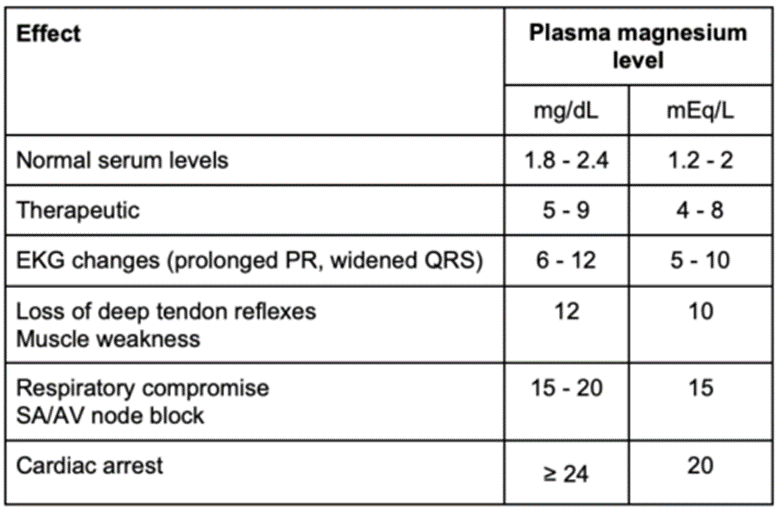A woman comes to the clinic and asks the nurse about when she should have her first mammogram. The woman is at low risk and has no family history of breast cancer. Using the recommendations of the American Cancer Society, the nurse would suggest the woman have her first mammogram at which age?
30 years
35 years
45 years
40 years
The Correct Answer is C
A. 30 years:
The American Cancer Society does not recommend routine mammograms for women at average risk and with no family history of breast cancer starting at age 30. Mammograms at this age are generally not considered necessary unless there are specific risk factors or symptoms present that warrant earlier screening.
B. 35 years:
Similarly, the American Cancer Society does not recommend routine mammograms for women at average risk and with no family history of breast cancer starting at age 35. While early detection is important, routine screening mammography typically begins at a later age for women at average risk.
C. 45 years:
This is the correct choice according to the American Cancer Society's recommendations. For women at average risk and with no family history of breast cancer, the American Cancer Society suggests starting annual mammograms at age 45. This age was determined based on evidence indicating that screening mammography in this age group can effectively detect breast cancer and reduce mortality rates associated with the disease.
D. 40 years:
While some organizations, such as the American College of Radiology and the American College of Obstetricians and Gynecologists, recommend starting routine mammograms at age 40, the American Cancer Society suggests starting at age 45 for women at average risk and with no family history of breast cancer. The choice to begin screening at age 45 aligns with evidence-based recommendations and balances the benefits of early detection with the potential harms of false positives and overdiagnosis in younger women.
Nursing Test Bank
Naxlex Comprehensive Predictor Exams
Related Questions
Correct Answer is B
Explanation
A. Hepatitis:
- Hepatitis viruses (such as hepatitis B and hepatitis C) primarily affect the liver and are not directly associated with an increased risk of cervical cancer. Hepatitis B virus (HBV) and hepatitis C virus (HCV) infections can lead to liver inflammation, cirrhosis, and liver cancer (hepatocellular carcinoma), but they do not specifically increase the risk of cervical cancer.
B. Human papillomavirus (HPV):
- Human papillomavirus (HPV) infection is strongly associated with an increased risk of cervical cancer. HPV is a sexually transmitted virus that can infect the cells of the cervix, leading to cellular changes that may progress to cervical dysplasia and cervical cancer over time. Persistent infection with high-risk strains of HPV, particularly HPV types 16 and 18, is a major risk factor for the development of cervical cancer.
C. Cytomegalovirus (CMV):
- Cytomegalovirus (CMV) is a common virus in the herpesvirus family. While CMV infection can cause complications in certain populations, such as congenital CMV infection in infants born to mothers with primary CMV infection during pregnancy, it is not known to be directly associated with an increased risk of cervical cancer.
D. Epstein-Barr virus (EBV):
- Epstein-Barr virus (EBV) is a herpesvirus that is best known for causing infectious mononucleosis (mono). EBV infection has been associated with certain types of cancers, such as Burkitt's lymphoma, Hodgkin's lymphoma, and nasopharyngeal carcinoma. However, EBV infection is not directly linked to an increased risk of cervical cancer.
Correct Answer is A
Explanation
A. Deep tendon reflexes 2+: Deep tendon reflexes are typically assessed to monitor for signs of magnesium sulfate toxicity. A normal finding of 2+ deep tendon reflexes suggests that the client is not experiencing magnesium sulfate toxicity. However, it does not specifically indicate whether the medication is at a therapeutic level.
B. Respiratory rate of 10 breaths/minute: A respiratory rate of 10 breaths/minute is below the normal range, and it could indicate respiratory depression, a potential side effect of magnesium sulfate toxicity. While this finding suggests a potential adverse reaction to the medication, it does not confirm whether the medication is at a therapeutic level.
C. Urinary output of 20 mL per hour: Adequate urinary output is essential for excreting magnesium sulfate and preventing toxicity. A urinary output of 20 mL per hour is within an acceptable range and suggests adequate renal function, which is important for maintaining therapeutic levels of the medication. However, it alone does not confirm whether the medication is at a therapeutic level.
D. Difficulty in arousing: Difficulty in arousing is a concerning sign of magnesium sulfate toxicity and suggests central nervous system depression. It indicates that the client may be experiencing an adverse reaction to the medication and that the dose may need adjustment. While this finding suggests a potential issue with medication dosing or toxicity, it does not confirm whether the medication is at a therapeutic level.

Whether you are a student looking to ace your exams or a practicing nurse seeking to enhance your expertise , our nursing education contents will empower you with the confidence and competence to make a difference in the lives of patients and become a respected leader in the healthcare field.
Visit Naxlex, invest in your future and unlock endless possibilities with our unparalleled nursing education contents today
Report Wrong Answer on the Current Question
Do you disagree with the answer? If yes, what is your expected answer? Explain.
Kindly be descriptive with the issue you are facing.
